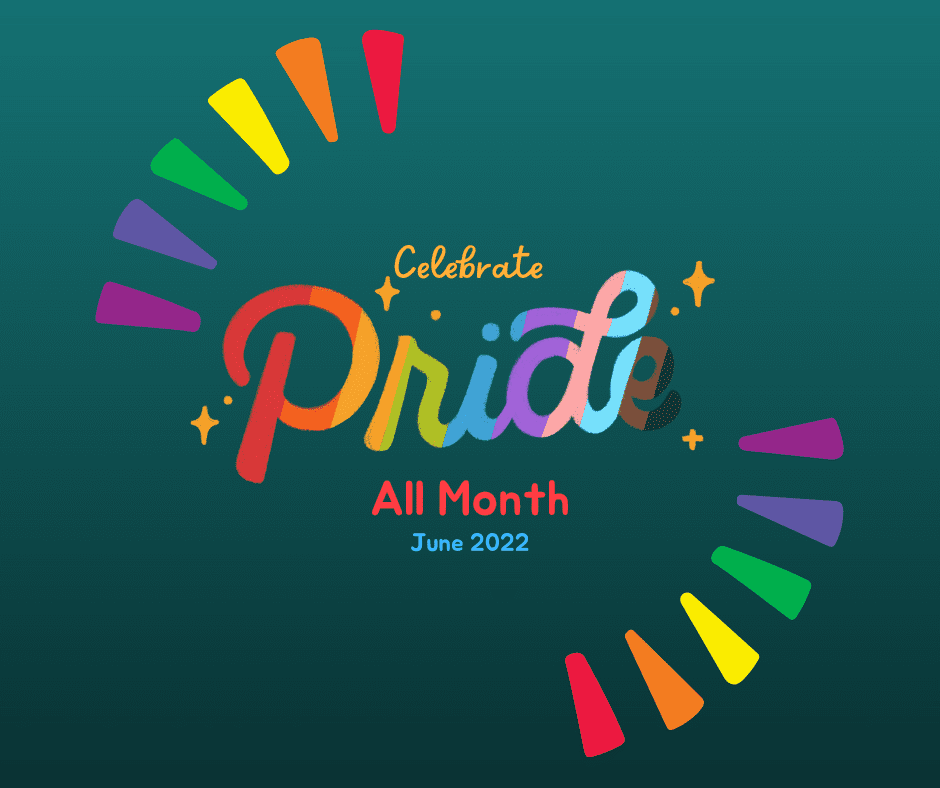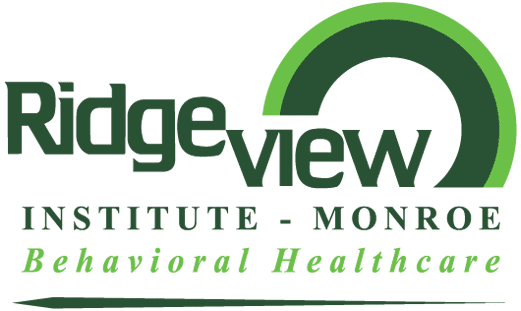
By: Shelly-Anne Johnson, LCSW
According to the CDC, “…compared to other men, gay and bisexual men have higher chances of having; Major depression, Bipolar disorder, and Generalized anxiety disorder… Gay and bisexual men are more likely than other men to have tried to commit suicide as well as to have succeeded at suicide.” The majority of gay and bisexual men are able to gain and maintain good mental health, but there is a large number of them who are not. There is a double standard for being a gay or bisexual man in American society. They are judged harsher than their female counterpart in part because of the traditional roles that men are prescribed, and toxic masculinity that permeate our culture. Men are often taught to hide or dismiss their emotions, making it even harder for them to reach for help when they need it. The environment of discrimination and hate that some men fall victim to can be confusing to navigate. They are ostracized for keeping their sexuality a secret, and ostracized for coming out.
What it means to be “Out”
While being “out,” or in other words-being open about your sexual orientation, has been linked to better mental wellbeing, for some men, being out does not equal better outcomes. Some are alienated from friends and families due to living in their truth. Others face discrimination or worse, become victims of hate crimes. Family and friends might be at a loss for how to help, and feel out of their depth in supporting a loved one.
Where can men in the LGBTQ+ community go for support
There is help out there. There are safe spaces created for men who identify as a member of the LGBTQ+ community. Resources in local churches and communities as well as some online resources like the Trevor Project can be very beneficial. Pride is another space where people in the LGBTQ+ community can connect with others who may be having similar life experiences. Pride teaches men that they are not alone, they do have a space where they belong. Pride helps to validate feelings of being loved and supported.
It is ok to ask for help, it is ok to get the support you need.
Additional Resources & Reads:
https://www.ridgeviewmonroe.com/treatment/adult-psychiatric-program/
https://www.cdc.gov/msmhealth/mental-health.htm
